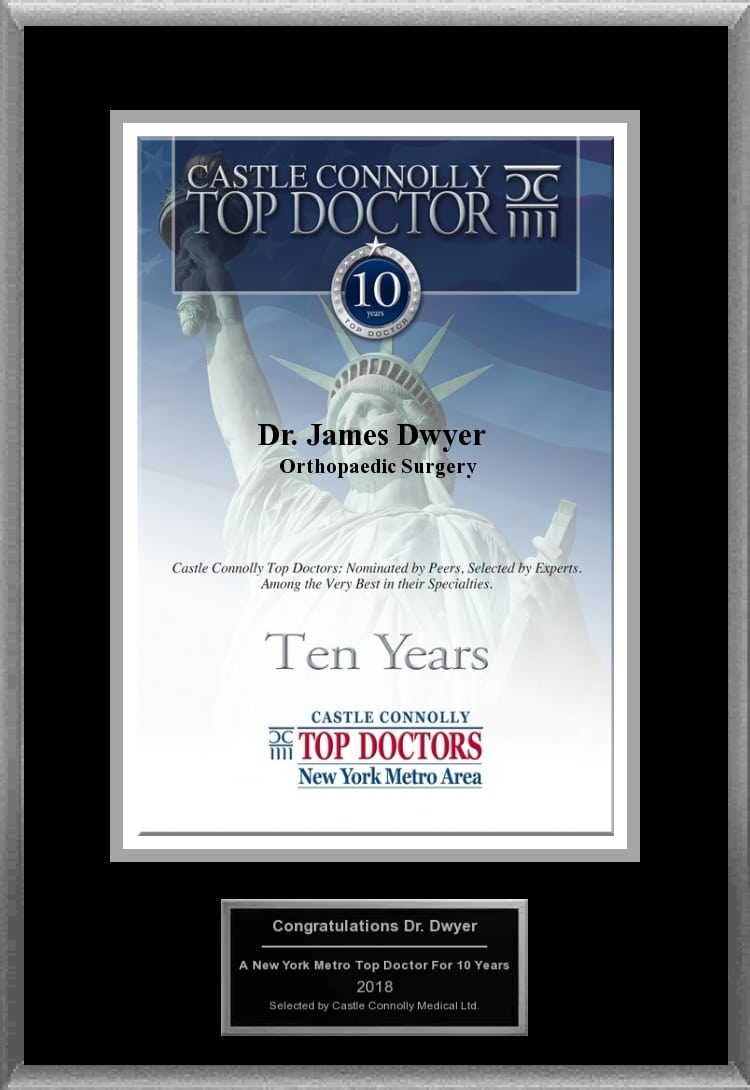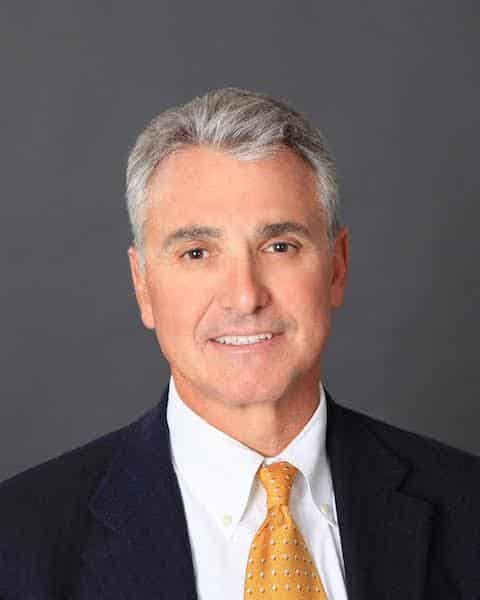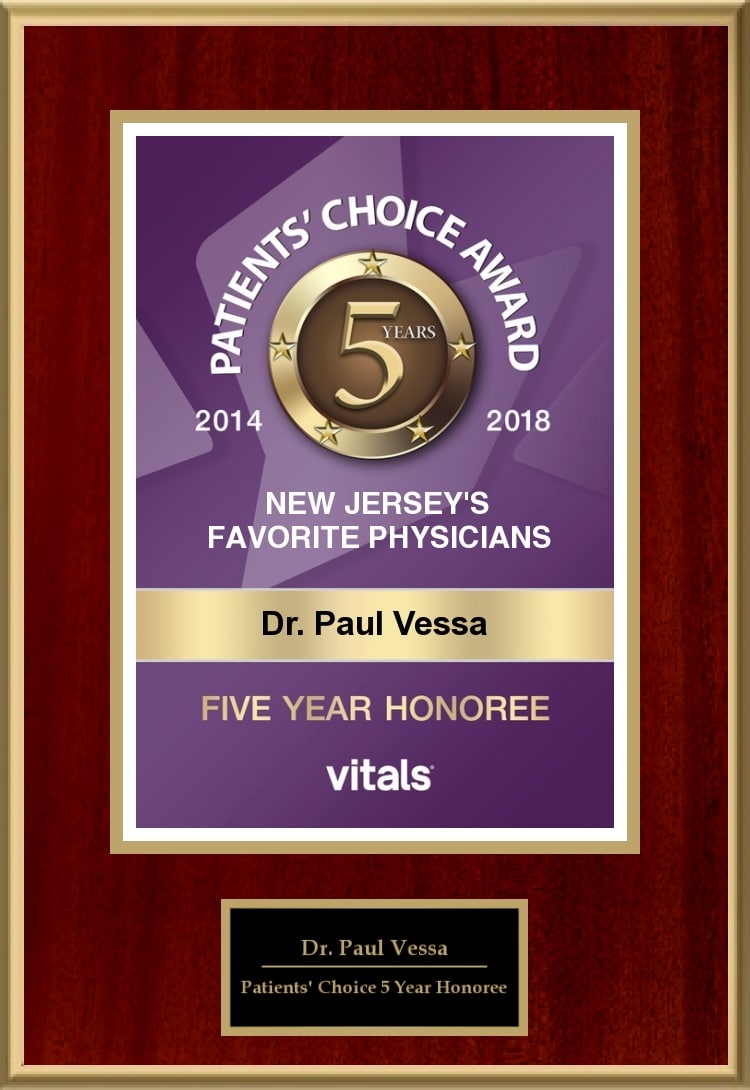Because the thoracic spine tends to be less flexible and experiences less movement than the lumbar spine (lower back) or cervical spine (neck), middle back pain is less common than pain in other regions of the spine. That being said, pain in the middle back can sometimes be indicative of a serious underlying condition and should never be ignored. Whether your middle back pain is acute (has a sudden onset), chronic (long-lasting), severe, or mild, it is essential to have it looked at by an experienced spine specialist.
At New Jersey Spine Institute, our world-class surgeons have extensive experience diagnosing and treating middle back pain and can put you on the most direct and effective road to recovery. For more information or to book an appointment, call our office today!
Symptoms of Middle Back Pain
The symptoms of middle back pain can include the following:
- Sharp, burning, achy, throbbing, or dull pain that may worsen with certain movements or activities
- Pain that radiates from one point to another (nerve pain)
- Muscle tightness and/or stiffness
- Numbness, tingling, or weakness
Pain that is felt in the middle back can be caused by life-threatening conditions such as a heart attack or aortic aneurysm. Always seek medical attention if you are experiencing unexplained middle back pain, particularly if it is combined with jaw pain, shortness of breath, or any other symptoms of a heart attack or stroke.
Common Causes of Middle Back Pain
The potential causes of mid-back pain are numerous. Some of the most common include:
Poor Posture
Poor posture is a leading cause of pain in the middle back. Slouching and slumping put extra pressure on the components of the spine and can lead to ongoing wear-and-tear problems.
Aging
With age, the thoracic spine becomes more prone to issues involving its various components—muscles, ligaments, discs, and even the vertebrae themselves. Middle back pain caused by age can be addressed using a wide range of different approaches and techniques.
Lack of Activity
Lack of physical activity and associated obesity, can contribute to pain in the thoracic spine. Weight loss and the adoption of a more active lifestyle may drastically reduce the intensity of chronic pain or resolve it altogether.
Sleeping Position
The position you sleep in can significantly impact the health and comfort of your spine, including the middle back. Generally speaking, it is best to sleep on your back or side and avoid sleeping on your stomach. Placing a pillow under your knees when lying on your back can help your spine maintain its natural curve.
Sports Injuries
Sports injuries and other types of physical trauma, such as lifting something too heavy or being in an accident, are other common reasons why patients experience pain in the thoracic spine region. The treatment approach for these types of injuries will depend on their scope and severity.
Specific Conditions That Cause Middle Back Pain
In addition to the common causes of middle back pain listed above, there are also an array of different medical conditions that can contribute to pain in the thoracic spine. Some of them are listed below:
Scoliosis
Scoliosis, a sideways curvature of the spine, can cause misalignment throughout the body that leads to painful symptoms in the middle back. This condition is often diagnosed in adolescence and may be treated surgically or non-surgically.
Arthritis
There are many types of arthritis, all of them characterized by joint swelling, pain, and stiffness. When arthritis impacts the joints in the thoracic spine, middle back pain can result.
Spondylosis
Spondylosis is a medical term that refers to the general degeneration of the spine and its discs. This condition can impact any part of the spine, including the thoracic spine, and may cause pain that affects the overall quality of life.
Bulging or Herniated Discs
Spinal discs provide support and flexibility to the spine while also offering cushioning and absorbing shocks. When a spinal disc bulges or becomes herniated (tears or leaks), it can be extremely painful. Though disc issues in the thoracic spine are rarer than in other regions of the back, they do occasionally occur and can be responsible for middle back pain.
Thoracic Facet Syndrome
Thoracic Facet Syndrome is a degenerative condition characterized by the deterioration of the facet joints of the thoracic region of the spine over time (facet joints are responsible for the flexibility and stability of the spine).
Diagnosing Middle Back Pain
The first step in properly diagnosing middle back pain is working with the right back pain specialist. At New Jersey Spine Institute, our exceptional team of surgeons has decades of experience diagnosing and treating a vast range of different spine conditions with unparalleled precision and outcomes. We approach each new case with the same meticulousness and professionalism.
The accurate diagnosis of middle back pain typically begins with taking a detailed medical history and performing an in-depth physical examination. Depending on the situation, further diagnostic tests may be ordered including X-rays and/or an MRI, EMG, or CT scan. In rare cases, bloodwork may also be ordered to explore the possibility of genetic conditions that may contribute to middle back pain.
Risk Factors
Risk factors for middle back pain include a variety of different conditions (see above) as well as inactivity, obesity, poor posture, and aging. People who perform repetitive movements for work may also be at higher risk.
The best prevention techniques for reducing the risk of middle back pain include:
- Living an active, healthy lifestyle
- Maintaining good posture
- The reduction of stress
Treatment Options
Mid-back pain treatment is tailored to the needs of each individual patient and depends on the scope and severity of the symptoms being experienced.
Non-surgical treatment options for pain management may include:
- Pain relief medications
- Topical treatments
- Heat and/or ice
- Rest
- Massage
- Steroid injections
- Physical therapy and/or occupational therapy
Surgical treatment options for middle back pain may be recommended in cases where pain is severe, ongoing, and impacting the overall quality of life. At New Jersey Spine Institute, we employ a unique two-surgeon approach focused on shorter surgical times, better outcomes, and accelerated healing.
Compassionate, patient-based care is the foundation on which our state-of-the-art surgical practice has been built and we approach each and every new patient with our signature warmth, integrity, and dedication.
Ready to diagnose and resolve your middle back pain with the support and expertise of a truly exceptional team of specialists? Call us today to book an initial consultation! We look forward to meeting you!
Meet The New Jersey Spine Institutes
Prestigious Team of Spine Specialists
Our Doctors Have Been Continuously Awarded







